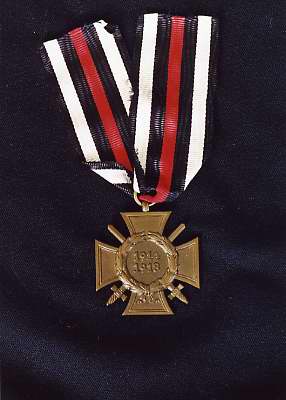Jews in the German Army in World War I
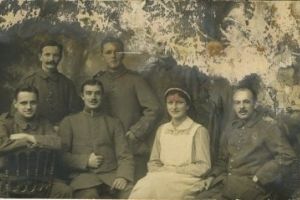
Our final post in the World War I series is a guest post provided by Jonathan Feng, who has graciously agreed to write a little bit about Jews serving in the Germany army. As always we’ll add in some images of photographs and objects from the JMM collection.
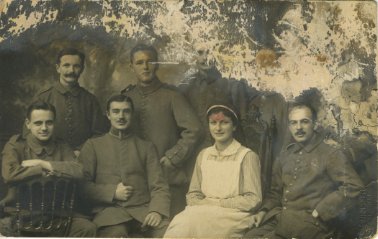
My name is Jonathan Feng and I have been invited to guest blog by Jewish Museum of Maryland archivist Jennifer Vess about the First World War. I am an earnest civil servant whose only qualifications to weigh in on this matter is a short stint in a graduate program for public history and an unnatural fascination with spiked helmets and trench warfare.
The First World War (1914-1918) is a period of time which serves as a major demarcation between two eras. The nineteenth century was clearly over at the end of the First World War and the world was barreling into the twentieth century with a head of full of steam. Empires which had stood since the end of the medieval period (Russian Empire,Ottoman Empire, Austro-Hungarian Empire) found themselves disintegrated at the end. The grand nineteenth century empires ofGreat Britain and France were soon to follow in a few decades.
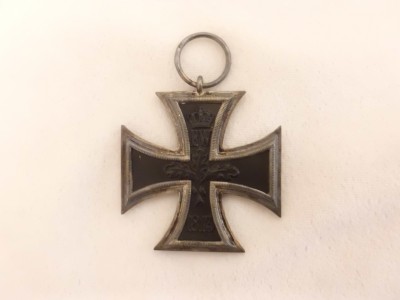
While the role of the Jewish people is well known in the Second World War and is well documented in mainstream scholarship, their role in the First World War is less known. John Keegan, the late military historian, only mentioned the Jewish people three times in his work on the First World War (pages 227, 302, and 344 should you care to look in your own personal copy of the book). Most likely, this is a result of the fact that mainstream scholarship has tended to focus on the major power structures and in the realm of politics and government, the representative Jewish population ranged from minimal to non-existent due to the fact that the Jewish population was, to put it very lightly, not well liked by their non-Jewish neighbors.
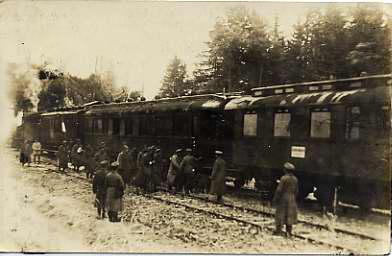
This does not mean that the Jewish people did not make any significant contributions to the First World War. In 1916, due to a long-standing tradition of not being nice to the Jewish people, the German high command decided to do a census (Judenz’hlung or Jewish census) to verify their own pre-established belief that the Jewish people were not being good Germans and supporting the war. What they found was that the Jewish people were major participants in the conflict, with 10,000 Jewish men volunteering for service and approximately 100,000 Jewish men in total who served in the German military. The vast majority of them (roughly 78,000 to 80,000) served on the front lines of the First World War and more than 30,000 of them were decorated for their service. Twelve thousand of those Jewish soldiers lost their lives serving in the First World War. Many of those who served did so in the hopes that they would finally earn some respect from their fellow countrymen and prove that they were indeed proud Germans.
